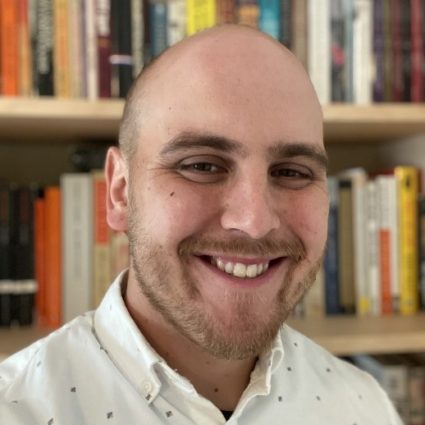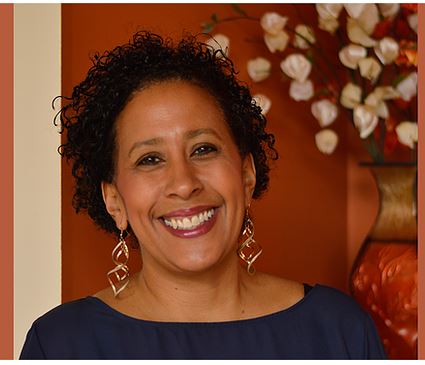Conversations on Race: A Justice Initiative
America’s Racial Divide: How Did We Get Here And What Can The Church Do About It?
Wednesday, October 27, 6:30-8pm
“The majority of Americans say that race relations are bad. And yet we find race very difficult to talk about. We’re afraid of stepping on toes, of saying the wrong thing, of making a terrible mistake without realizing it. We assume things that we’re afraid to admit and we have questions that we’re afraid to ask. What if she thinks I’m a racist? What if he thinks I’m too liberal or too conservative? And so, we dance around this elephant in our friendships and we never “go there.” No one wants to talk about it all of the time, but healing will never come if we fail to talk about it some of the time.
I’m hoping to have a conversation. I’m sharing some thoughts for reflection, consideration, and dialogue. I ask for only one thing: respect. Now, let’s chat!”
~Nicole Doyley

Shane Wiegand
Racist Policy and Resistance in Rochester
Wednesday, November 3, 6:30-8pm
This presentation examines how federal and local policies like redlining, racially restrictive covenants, and urban renewal segregated Rochester, built wealth for its white citizens and disenfranchised people of color. It explores how local civil rights leaders like Rev. Quintin Primo, Rev. Charles Boddie, Constance Mitchell, Dr. Alice Young and many others responded. It connects these past policies to the disparity and inequality we see in Rochester today and invites us to learn from and apply the activism of Rochester’s past to its present. The talk explores the role of faith in Rochester’s civil rights movement.
“According to Isaiah 58, true practice of religion ought to result in concrete change, the breaking of yokes. He does not mean the occasional private act of liberation, but “to break the chains of injustice.” What could this mean other than a transformation of the structures of societies that trap people in hopelessness? Jesus has in mind the creation of a different type of world.”
Esau McCaulley, Reading While Black: African American Biblical Interpretation as an Exercise in Hope

